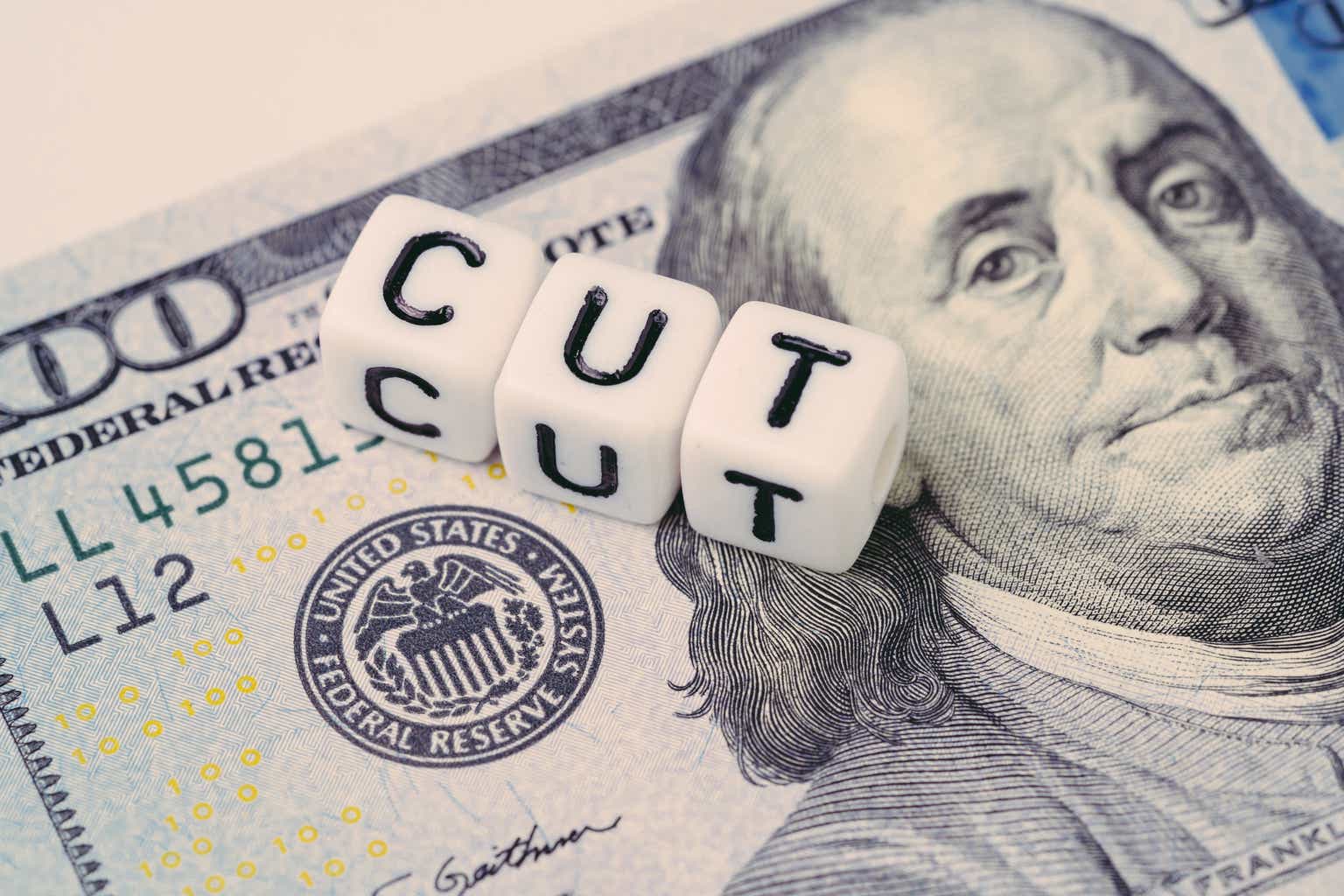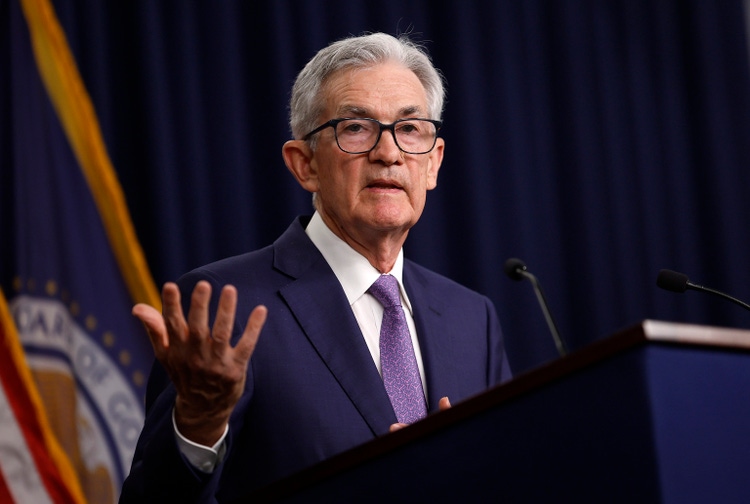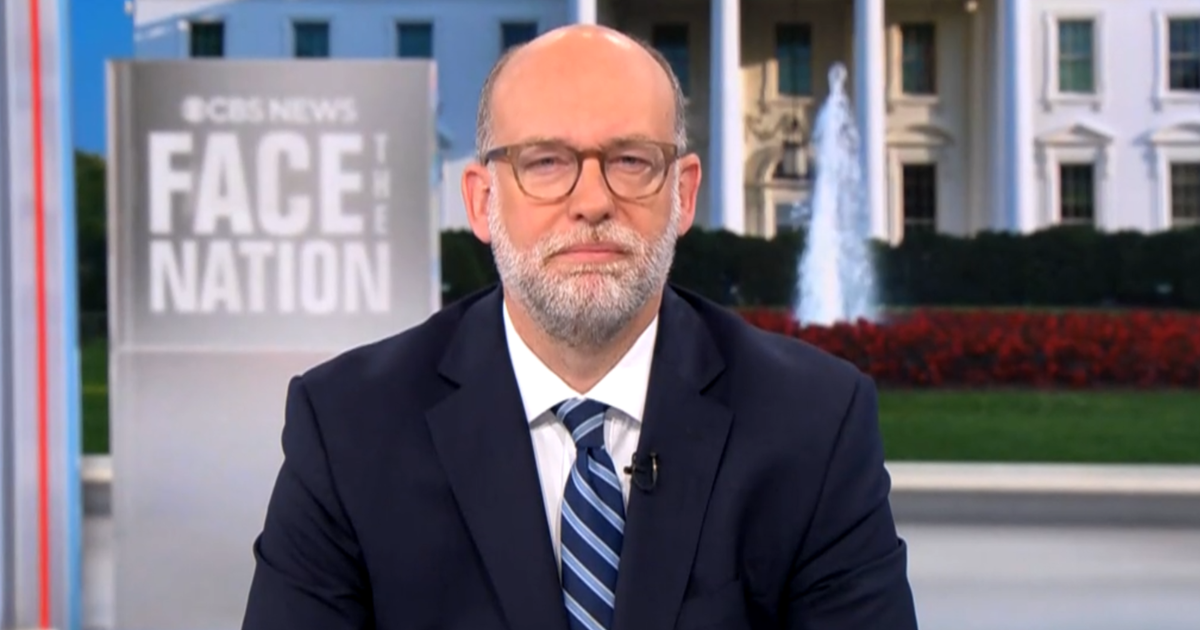T4K3.news
Federal Reserve Confirms Start of Rate Cuts
The Fed plans to begin its rate-cutting cycle on September 18, signaling potential shifts in U.S. equity markets.

The Fed's upcoming rate cuts may influence U.S. equity markets based on historical trends.
Fed Rate Cuts Offer Mixed Signals for U.S. Equities
Federal Reserve Chair Jerome Powell announced the start of a rate-cutting cycle at the next FOMC meeting on September 18. Markets are anticipating a cut of 100 basis points this year, including a 50 basis point reduction in September. A review of past Fed cycles since 1970 reveals varied impacts on equity markets. Historically, markets reacted positively after rate cuts in some cases, while others saw declines due to recession risks. Notably, in the 2007 cycle, despite rate cuts, the S&P 500 fell significantly due to recession. Conversely, the 1995 cycle showed gains as the economy avoided recession. With current economic indicators suggesting slowing activity, investor sentiment may hinge on the Fed's ability to prevent a recession.
Key Takeaways
"Historical experiences suggest that easing cycles can lead to positive equity reactions when recession is avoided."
This quote highlights the importance of economic conditions on market reactions during Fed cuts.
"If recession is avoided, history suggests that equities can extend their recent rally."
This emphasizes the potential for continued market growth if the Fed successfully navigates risks.
The upcoming rate cuts by the Fed represent a critical movement for U.S. equities, but investors should approach this phase cautiously. Historical patterns show that rate cuts can lead to recovery in market values, particularly when recessions are evaded. However, if the economy faces significant challenges, as it did in prior downturns, rate cuts may not be a strong enough remedy. This uncertainty is compounded by recent weak job data, leading some to question the Fed's timeliness and effectiveness in policy adjustments. Market confidence will likely depend on how successful the Fed is in navigating current economic turbulence without triggering a recession.
Highlights
- Rate cuts may not guarantee market recovery
- Historical patterns show cuts can either boost or harm markets
- Investor confidence hinges on Fed's next move
- Economic stability is crucial for equity gains
Potential Economic Risks from Fed Actions
Changes in interest rates can lead to significant market fluctuations and investor reactions. The pressing concern is whether the Fed can manage the economy effectively during this critical period without triggering a recession.
The historical perspective suggests cautious optimism for equity investors if recession risks are handled well.
Enjoyed this? Let your friends know!
Related News

Bitcoin price falls amid profit-taking and Powell succession talks

Fed officials meet as rate cut expectations grow

US Dollar Weakens After Trump Comments on Fed Chair

Top Fed official pushes for rate cut

Trump's Comments on the Fed Cause Market Turmoil
:max_bytes(150000):strip_icc()/GettyImages-2227723534-b867774a1c2d4a538a289a44bae02b57.jpg)
Stocks Decline as Powell Shares Outlook on Interest Rates

Trump confirms he will not fire Fed Chairman Powell

Russell Vought discusses Federal Reserve and funding issues
